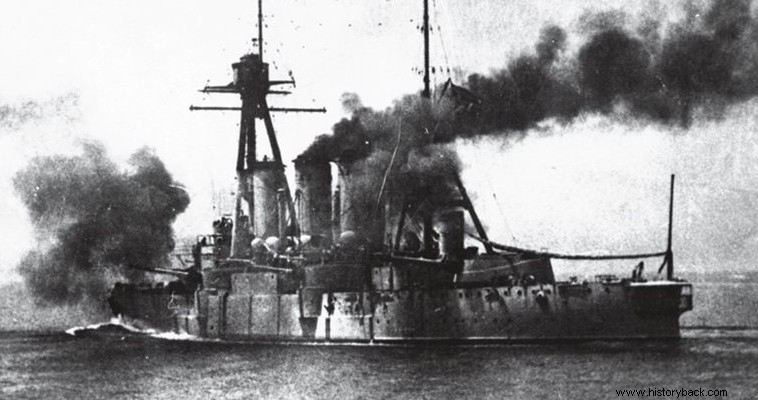
It would be a mistake to historically isolate the Balkan wars from those that preceded them historically, which were not always glorious or victorious. Fifteen years before the First Balkan, we had a crushing military defeat in the so-called "unfortunate war" of 1897. Before declaring war, the Ottomans, feeling in awe of the uninterrupted and unquestionable Greek naval rule in the Aegean, made sure to transport reinforcements by sea to the isolated areas.
Writes Dr. Cleanthis Kyriakidis
Crete was reinforced for almost three months before the start of the war. During it, the Ottomans remained within the Dardanelles Straits, fearing a possible confrontation with the Greek fleet.
Certainly the experiences of the 1821 revolution influenced our opponents, but the main reason for their fear was that Charilaos Trikoupis, nurtured by his godfather and great admiral, Andreas Miaoulis, not only proceeded to acquire newly built units, but also emphasized the maritime education with the establishment and organization of Naval Schools, starting with the School of Naval Cadets.
Unfortunately and curiously, the Greek Fleet remained inactive like its opponent in 1897 under the responsibility of the intrepid political and military leadership, which fortunately for our country changed dramatically during the Balkan wars.
The land-oriented Ottomans, despite feeling at least insecurity if not fear, saw the inactivity of our Fleet and decided, taking advantage of the prestigious land victory they had achieved, to significantly upgrade their navy.
After a decade and having renewed and modernized their fleet, they held a show of force in the Aegean, at the urging of the head of the British naval mission in Turkey, Admiral Gable. Read more at the source
